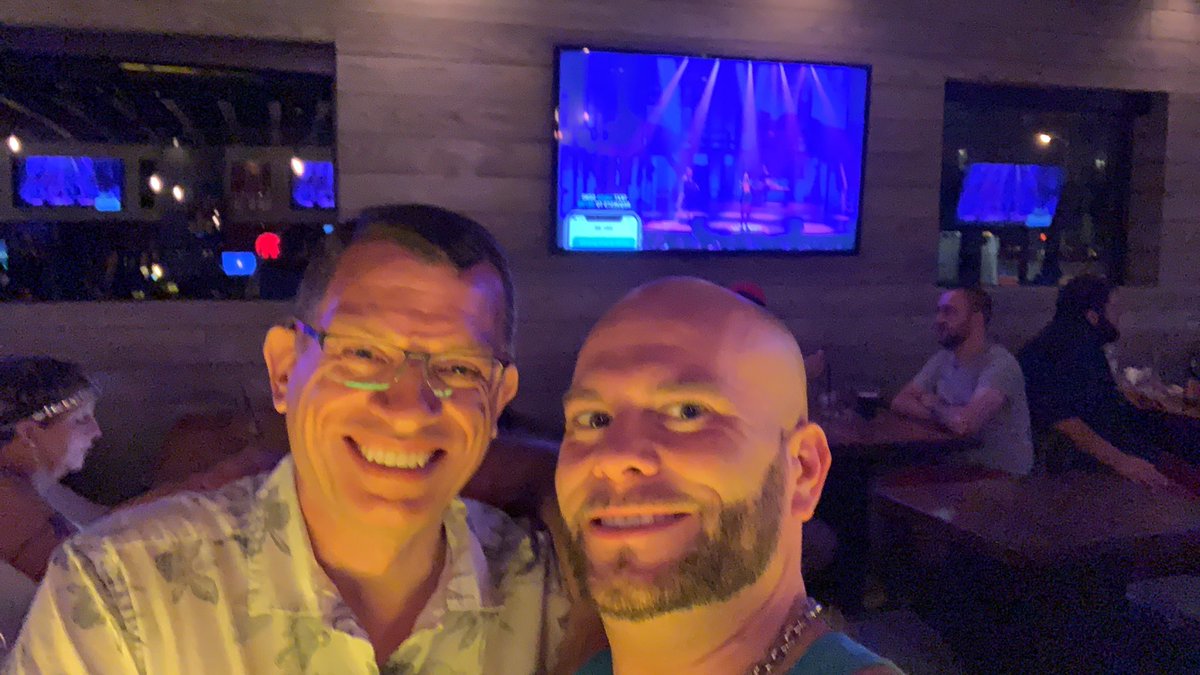Why does the digital world so often feel like an echo chamber, a space where genuine search for information repeatedly ends in silence? The repeated pronouncements of "We did not find results for:" and the seemingly ubiquitous plea to "Check spelling or type a new query" signal a fundamental disconnect: a failure of search engines to understand, or perhaps even to cater to, the nuances of human curiosity. This is a frustrating reality, a digital dead-end that demands closer examination.
The relentless parade of We did not find results for: echoes across the landscape of the internet, a stark reminder of the limitations of even the most sophisticated search algorithms. The phrase, often accompanied by the bland suggestion to "Check spelling or type a new query," underscores a crucial point: the machinery of the internet is often remarkably inept at grasping the essence of our inquiries. It serves as a constant reminder that the digital tools meant to illuminate our world can sometimes plunge us into frustrating darkness.
In this landscape of digital frustration, it becomes all the more crucial to understand the underpinnings of these search failures. Where do they originate? Are they a symptom of flawed algorithms, a reflection of the limitations of data indexing, or something more profound? This investigation starts by examining the fundamental design of search engine architecture. The core function of a search engine is deceptively simple: to scan an enormous corpus of data, such as the web, and to match user queries to the content available. This is done by employing algorithms that analyze keywords, phrases, and relationships between pieces of information. The success of a search query depends on the engines ability to accurately interpret the user's intent, understand the context of the query, and then identify the most relevant results.
- Setting Up Remoteiot Vpc Ssh For Raspberry Pi On Aws A Comprehensive Guide
- Simon Cowell The Visionary Behind Modern Music And Entertainment
One of the primary causes of search failure is the reliance on exact-match keywords. Search engines often struggle with synonyms, related terms, or conceptual connections. For example, a search for "heart disease" might fail to yield relevant results if the user misspells "disease" or if the query is phrased in terms of related conditions or risk factors. Similarly, the complexity of human language, with its idioms, jargon, and slang, presents a formidable challenge. The algorithms, trained on vast datasets, can sometimes fail to understand the nuances of human expression, leading to misunderstanding of queries and irrelevant results.
Another significant factor is the indexing process. Search engines must constantly crawl and index the content of the internet. This process involves extracting text, images, and other metadata from websites and storing it in a searchable database. The efficiency and completeness of the indexing process directly affect the quality of search results. If a website is not properly indexed, its content will remain invisible to the search engine, and the users query will be unable to locate it. The indexing process is not always seamless. Websites may be intentionally designed to evade search engines, such as by using techniques like "cloaking" or "keyword stuffing." This can introduce biases and inaccuracies into the search results.
The structure and content of websites also contribute to the problem. Websites that are poorly organized, or lack clear headings, and meta descriptions, are difficult for search engines to navigate. As a result, their content may not be properly indexed and can be very difficult to locate. Furthermore, websites with multimedia content, such as images and videos, can present additional challenges. Search engines may struggle to understand the meaning and context of these elements, leading to inaccurate or incomplete results.
- Comprehensive Remoteiot Firewall Tutorial Your Ultimate Guide
- Comprehensive Remoteiot Vpc Tutorial Your Ultimate Guide
Beyond the technical issues, there are also broader considerations that contribute to the pervasive nature of search failures. The internet is a vast and rapidly changing landscape. New content is constantly being created and updated, making it a constant challenge for search engines to keep pace. Moreover, the quality and reliability of information vary widely. Websites may contain incorrect information, outdated data, or even intentionally misleading content. The algorithms, attempting to determine the best results, must navigate a chaotic ecosystem where truth and falsehood often coexist. This makes it exceedingly difficult for search engines to provide accurate and trustworthy results consistently.
Furthermore, search engines are often influenced by commercial interests. Companies often use search engine optimization (SEO) techniques to manipulate search results and promote their products or services. This can lead to a situation where the most relevant results are overshadowed by commercially driven content. This compromises the integrity of the search engine and undermines the ability of users to find the information they need.
The "We did not find results for:" phenomenon also raises critical questions about the role of information literacy in a digital age. Many users lack the skills necessary to formulate effective search queries, evaluate the reliability of information sources, and navigate the complex landscape of the internet. The reliance on simple keyword searches, without any refinement or contextual understanding, can lead to frustration and failure. As we rely increasingly on search engines to access information, the need for media and digital literacy becomes more urgent.
The very structure of how we perceive information has changed. The internet allows us to access an unprecedented amount of information. At the same time, however, this creates a "paradox of choice," where the sheer abundance of information makes it difficult to find what we really need. The algorithms, designed to provide us with easy access to information, can sometimes fail to address our specific needs, leaving us feeling lost in a sea of possibilities. It may be that what the modern user truly needs is not a list of links, but a trusted guide, a curated selection of resources, or a means to connect with an expert or another human who is knowledgeable in the field.
Consider, for example, a scenario in which a user attempts to research a specific medical condition online. The users query may be too broad or poorly phrased. The search engine may be unable to locate the relevant research and, in effect, responds by telling the user that there are no results. The user, lacking a medical background, may not know how to rephrase the query or locate more reliable information. This failure could lead the user to rely on unreliable sources, making poor decisions regarding their health.
The issue is not limited to medical research. It affects every area of human inquiry. When a student researches a topic for a school paper, and encounters repeated search failures, they may become discouraged and turn to lower-quality sources. A journalist researching a story may miss crucial details because of their search engine's inability to turn up the right information. The very act of learning, of discovery, is hindered by these limitations. The failure of a search engine is more than just a technical inconvenience; it is a threat to informed decision-making.
To address the pervasive problem of We did not find results for, requires a multi-faceted approach. Improvements in search engine algorithms are critical. This includes, for example, creating algorithms that can understand synonyms, recognize patterns, and comprehend the context of a query. Enhancing the indexing process is also vital, ensuring that websites are consistently crawled and indexed and removing bias and manipulation. Improving the structure of websites, promoting clear organization, and adhering to web standards can also contribute. It is important to make the digital world more accessible to the search algorithms.
Moreover, improving digital and media literacy is essential. Individuals need to be educated on how to formulate effective search queries, identify reliable sources, and assess the quality of information. This includes learning to use more advanced search techniques, using quotation marks, using the "site:" operator to limit the search to a specific website, and utilizing other tools to refine search results. Additionally, it is essential to promote critical thinking skills and the ability to evaluate sources, identify biases, and recognize misinformation. This is a lifelong skill set, and one that is crucial in the digital age.
Finally, there needs to be a broader discussion about the role of search engines in society. Are they simply neutral tools, or do they play a role in shaping the information that we consume? What responsibilities do search engine companies have to ensure the accuracy and fairness of their search results? How can we protect against the manipulation of search results for commercial or political gain? These are fundamental questions that must be addressed.
The "We did not find results for:" phenomenon is not merely a technical glitch. It is a symptom of the limitations of our digital infrastructure and the challenges of navigating the complex world of information. Addressing this will require technical improvements, educational initiatives, and a renewed commitment to critical thinking. As we move further into the digital age, it is imperative that we improve the tools that we use to access information, so that we can unlock the full potential of the digital world.
- What Happened In The Ims Kirby Dog Incident A Comprehensive Analysis
- Revolutionizing Connectivity Remoteiot Software Update


